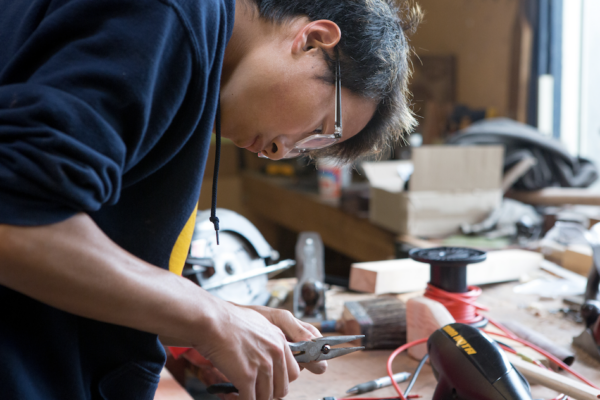When high school students decide their plans for postsecondary education, their backgrounds often influence the type of institutions they choose. In a new NBER working paper, a research team led by Stefanie DeLuca of Johns Hopkins University found that students who experience disruptive events as children often opt for shorter, more flexible programs with an assurance of achievable completion.
The researchers interviewed 150 low income Black students from Baltimore and analyzed data from the National Longitudinal Survey of Youth of 1997 to examine their findings regarding the anticipation of adverse shocks and postsecondary choices. The researchers found that students who faced hardships—such as violence, eviction or incarceration of a family member—were more likely to expect that adverse events would derail their future plans; that led them to pick short-term credentialing institutions. Even in cases where the students chose to attend four-year institutions, they had a much harder time completing college.
This report highlights the urgency in providing disadvantaged students with the proper support systems from a younger age to keep them on track for eventual postsecondary success. Policymakers must support both the students suffering hardships and the educators helping them make decisions about the future.
-By Robert Nishimwe
